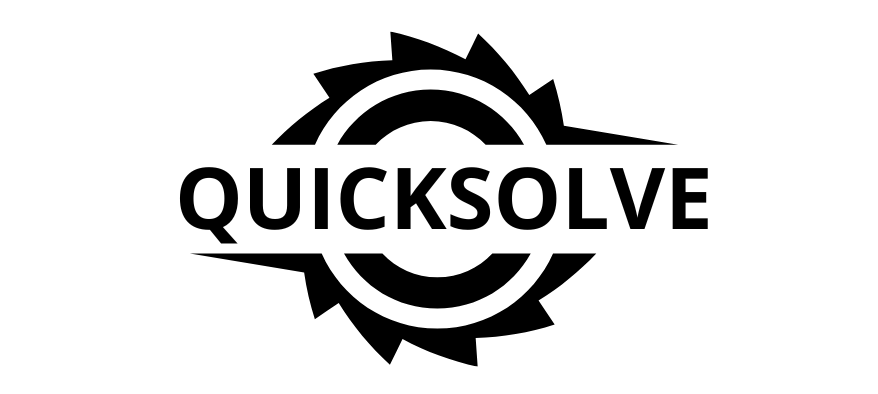#CareerChange #PersonalGrowth #OvercomingFear #SunkCosts #JobSatisfaction
Many individuals find themselves stuck in jobs that they despise. They recognize that they are on the wrong career path, but they struggle to break free. The fear of giving up all the time, effort, and money invested in their current job holds them back. This phenomenon is known as the “escalation of commitment.” In this article, we will explore the reasons why people find it so challenging to leave a bad job and provide insights on how to overcome this hurdle.
The Fear of Turning Back
One of the primary reasons why people hesitate to leave a bad job is the fear of turning back after investing a significant amount of time and money. It is common for individuals to feel that they would be admitting failure if they walk away. This fear stems from the concept of “sunk costs,” which refers to the money or resources already spent that cannot be recovered. Research has shown that people tend to act irrationally in the face of sunk costs, feeling compelled to continue their current path even if it is doomed to fail.
For instance, consider the story of someone who has spent years pursuing a particular career. Despite being unhappy, they struggle to leave because it would mean acknowledging that they have wasted a substantial amount of time and money. However, it is essential to remember that sunk costs are irretrievable, but they are not necessarily wasted. Every experience and skill acquired can contribute to personal growth and enhance future endeavors. The key is to recognize that skills are transferable, and with the right mindset and presentation, one can pivot to a different career path.
The Fear of Admitting Failure
Another significant hurdle in leaving a bad job is the fear of admitting failure. Self-justification plays a crucial role in this aspect. People often find it challenging to admit defeat, both to themselves and others. When faced with a situation where they realize they are wrong, they tend to continue justifying their decisions rather than admitting their initial mistake.
Additionally, individuals tend to favor consistency in themselves and others. Society rewards perseverance and persistence, making people worry that changing course will make them appear lazy or quick to give up. However, it is essential to understand that failure and inconsistency are part of life’s journey. Embracing failure and learning from mistakes is crucial for personal growth and development.
To overcome the fear of admitting failure, there are a few strategies that can be employed:
Acknowledge Personal Growth and Change
It is essential to acknowledge how much you have changed since choosing your current career path. By creating psychological distance between the person you were and the person you are today, you can give yourself permission to change your mind. People evolve, and so do their career aspirations. Recognize that you have gained valuable experience and skills along the way, which can be applied to new opportunities.
Emphasize Identity Beyond Work
Create a list of all the aspects of your life that define your identity beyond your job. This can include family, friends, hobbies, and passions. By reinforcing your identity outside of work, you will realize that changing careers does not mean upending your entire life. You will still have meaningful relationships and activities that bring fulfillment, even if your professional path takes a different direction.
Redefine Success
Success is not always linear, and it is crucial to redefine what success means to you. If your current career path does not align with your definition of success, it is essential to consider alternative options. Reflect on what truly matters to you and how you can achieve fulfillment and satisfaction in your professional life. Success should be measured by personal fulfillment and happiness rather than societal expectations.
Conclusion
Leaving a bad job can be challenging due to the fear of sunk costs and the fear of admitting failure. However, it is crucial to overcome these fears and prioritize personal fulfillment and growth. Recognize that skills and experiences are transferable, and redirecting your career path can lead to new opportunities and success. Embrace failure as a stepping stone to growth and redefine what success means to you. Remember, it’s never too late to make a change and pursue a career that brings you joy and fulfillment.




